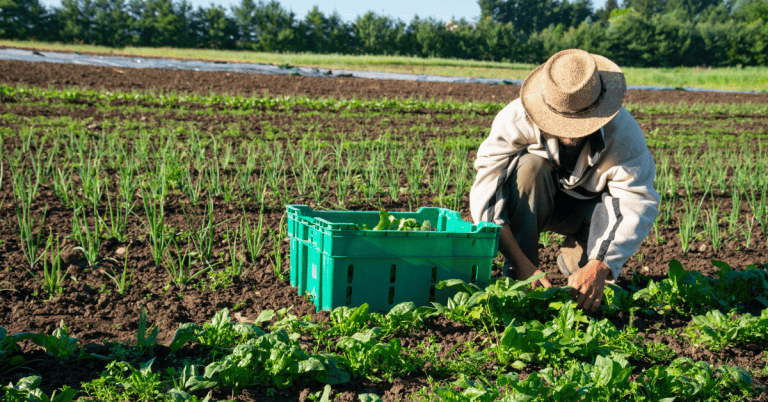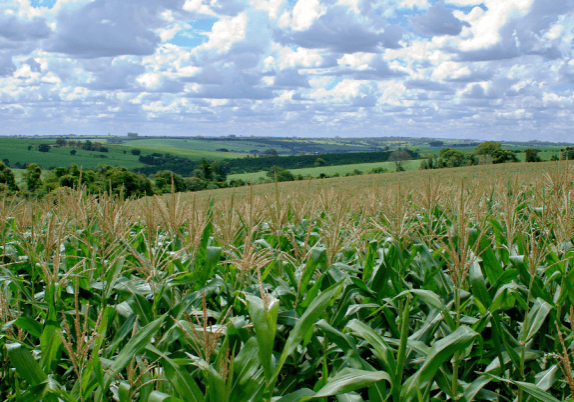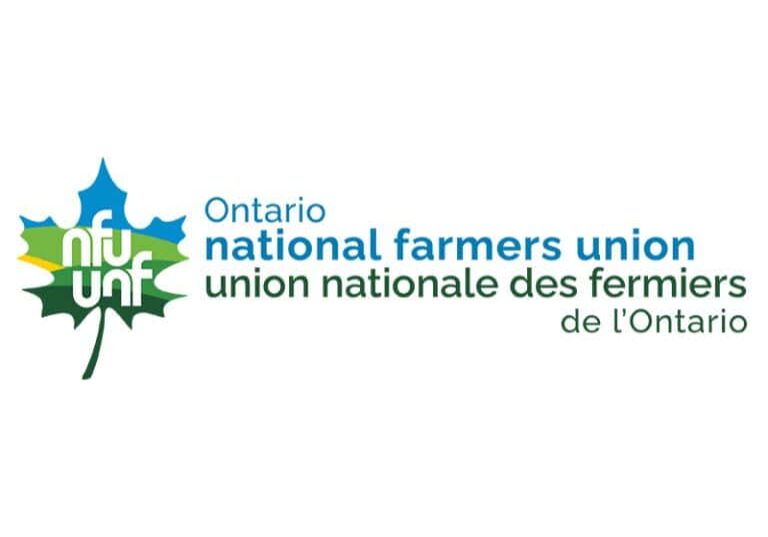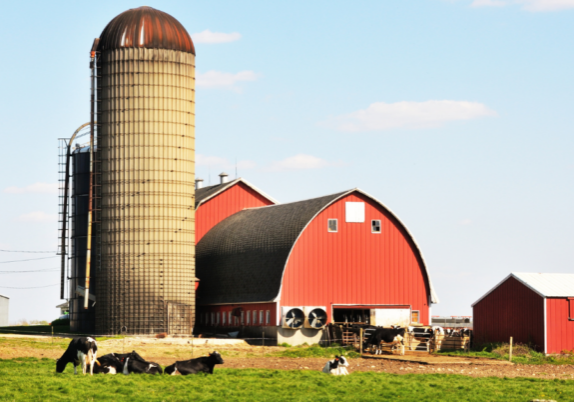Follow-up Letter to Minister Hardeman Regarding Next Policy Framework

Dear Minister Hardeman,
The National Farmers Union – Ontario would like to thank you for meeting with farm organizations on May 13th to discuss the Next Policy Framework (NPF). We would like to take this opportunity to follow up on the core areas of feedback that were requested at the meeting: the top priority for the NPF, current and emerging challenges and how to rebalance the funding to address those, and how to make the programs work better for farmers.
We believe the top priority for the NPF from 2023-2028 should be a focus on farm resilience, adaptability to, and mitigation of climate change. The current Agriculture Policy Framework (APF) identifies climate change as a key priority, but has not allocated significant funding to on farm measures to reduce agricultural emissions or build farmer resiliency. The federal government has committed to reduce overall emissions by 40-45% by 2030, reduce emissions from synthetic fertilizer by 30% by 2030, and make Canada carbon neutral by 2050. Because farms emit significant quantities of GHGs—about 11% of Canada’s total—farms are going to experience big changes. To ensure that farmers’ interests are protected, we need to lead those changes.
Canadian agriculture experiences $2 billion in damages to farms annually as a result of severe climate impacts. Therefore, the NPF should include ambitious, evidence-based targets to reduce agricultural GHG emissions over the next five years, and beyond. This should include programs, funding, and resources that support farmers to adapt their practices and reduce their reliance on fossil fuel-based inputs (e.g., building soil health and soil organic matter, improved crop rotations, increasing biodiversity). Many of the solutions that farmers will need may not come from technology, but through agroecology training and farmer to farmer knowledge sharing. Strategic Initiative funds, directed at research, education, and outreach, should also be used to help farmers adapt to climate change effects such as flooding, drought, new insect and disease problems, less predictable frost dates, lack of snow cover, etc.
A renewed focus on putting more domestic products on domestic shelves will also help to address climate change and build resiliency for Canadian farmers. Supporting local infrastructure will be key to rural jobs and supporting rural food sovereignty. We know, and appreciate, the work you are doing on the provincially-licensed abattoir capacity crisis in Ontario. This is one area that could benefit from rebalanced program funding, while also helping to meet GHG targets. Providing transition funds to owners and prospective owners can increase the numbers and capacity of local and regional abattoirs, as well as supporting upgrades for local abattoirs to become multi-species facilities will help support and increase the diversity of livestock production domestically. Reduced travel distances will help to meet overall GHG targets.
Finally, with regard to how to make NPF programs better for farmers, we would recommend making it a priority to ensure that programs and funding are also accessible for small and medium-sized farms, especially in the direct-market sector. Many of the projects these farmers are seeking support for are not eligible under the current APF, yet would help to grow capacity for the local food market and generate spin-offs that benefit local economies. This is a growing sector, and will continue to grow, as evidenced by the recent demand during the pandemic, and increased concerns with the climate crisis. Innovative funding should also include projects such as smaller scale storage, transportation systems, food hubs, and markets.
We would like to thank you again for taking time to meet with Ontario’s farm organizations and gather our input into the Next Policy Framework. We look forward to continued discussions in the creation of the next programs and funding to support Canadian farmers.
Sincerely,
Don Ciparis
President, National Farmers Union – Ontario








